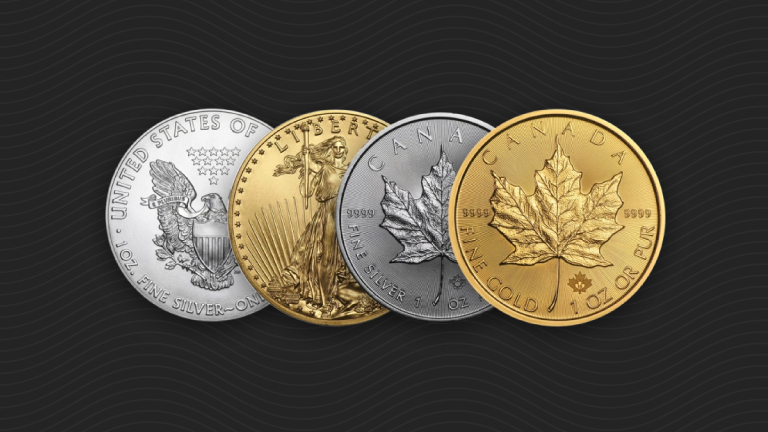Greenspan: Gold Is the World’s Premier Currency (Audio)
A couple weeks ago, we reported on Alan Greenspan’s prediction that the price of gold would rise. He said this at the New Orleans Investment Conference. In an interview at the Council on Foreign Relations (CFR) the next week, Greenspan commented even more on gold, though the CFR did not publish his thoughts in the official transcript. Most notably, Greenspan explains what so-called “gold bugs” have been telling the skeptical financial media for years:
Gold is a currency. It is still by all evidences the premier currency, where no fiat currency, including the dollar, can match it… Intrinsic currencies, like gold and silver for example, are acceptable without a third party guarantee…”
Follow along with this partial transcript:
Question: Do you think that gold is currently a good investment, given what you’re saying about the potential for turmoil?
Greenspan: Yes. Economists are usually perfect at equivocating. In this case, I didn’t equivocate. Remember what we’re looking at. Gold is a currency. It is still, by all evidences, the premier currency, where no fiat currency, including the dollar, can match it. So the issue is that if you’re looking at a question of turmoil, you will find as we always have in the past, it moves into the gold price. But the gold price is actually sort of half a commodity price, so when the economy is weakening it goes down like copper.
But it’s also got a monetary characteristic which is intrinsic… Intrinsic currencies, like gold and silver for example, are acceptable without a third party guarantee. For example, at the end of World War II… Germany could not import goods without payment in gold. The person who shipped the goods in would accept the gold and didn’t care if there’s any credit extended associated with that. That is a very rare phenomenon. It’s the reason why, for example, in a renewal of an agreement that the central banks have made (European central banks, I believe) about allocating their gold sales, which occurred when gold prices were falling down. That [agreement] has been renewed this year with a statement that gold serves a very important place in monetary reserves. The question is, why do central banks put money into an asset that has no rate of return, but cost of storage and insurance and everything else like that – why are they doing that? If you look at the data, with very few exceptions, all of the developed countries have gold reserves. Why?
Interviewer: I imagine right now it’s because of a question mark hanging over the value of fiat currency, or the credibility going forward.
Greenspan: Well, that’s what I’m getting at…
Before you read my book, go read Benn [Steil’s] book. The reason is, you’ll find it fascinating on exactly this issue, because here you have the ultimate test at the Mount Washington Hotel in 1944 of the real intellectual debate between the – those who wanted to an international fiat currency which was embodied in John Maynard Keynes’ construct of a bancor, and he was there in 1944, holding forth with all of his prestige, but couldn’t counter the fact that the United States dollar was convertible into gold and that was the major draw. Everyone wanted America’s gold. And I think that Benn really described that in extraordinarily useful terms, as far as I can see. Anyway, thank you.
Get Peter Schiff’s latest gold market analysis – click here – for a free subscription to his exclusive weekly email updates.
Interested in learning more about physical gold and silver?
Call 1-888-GOLD-160 and speak with a Precious Metals Specialist today!

